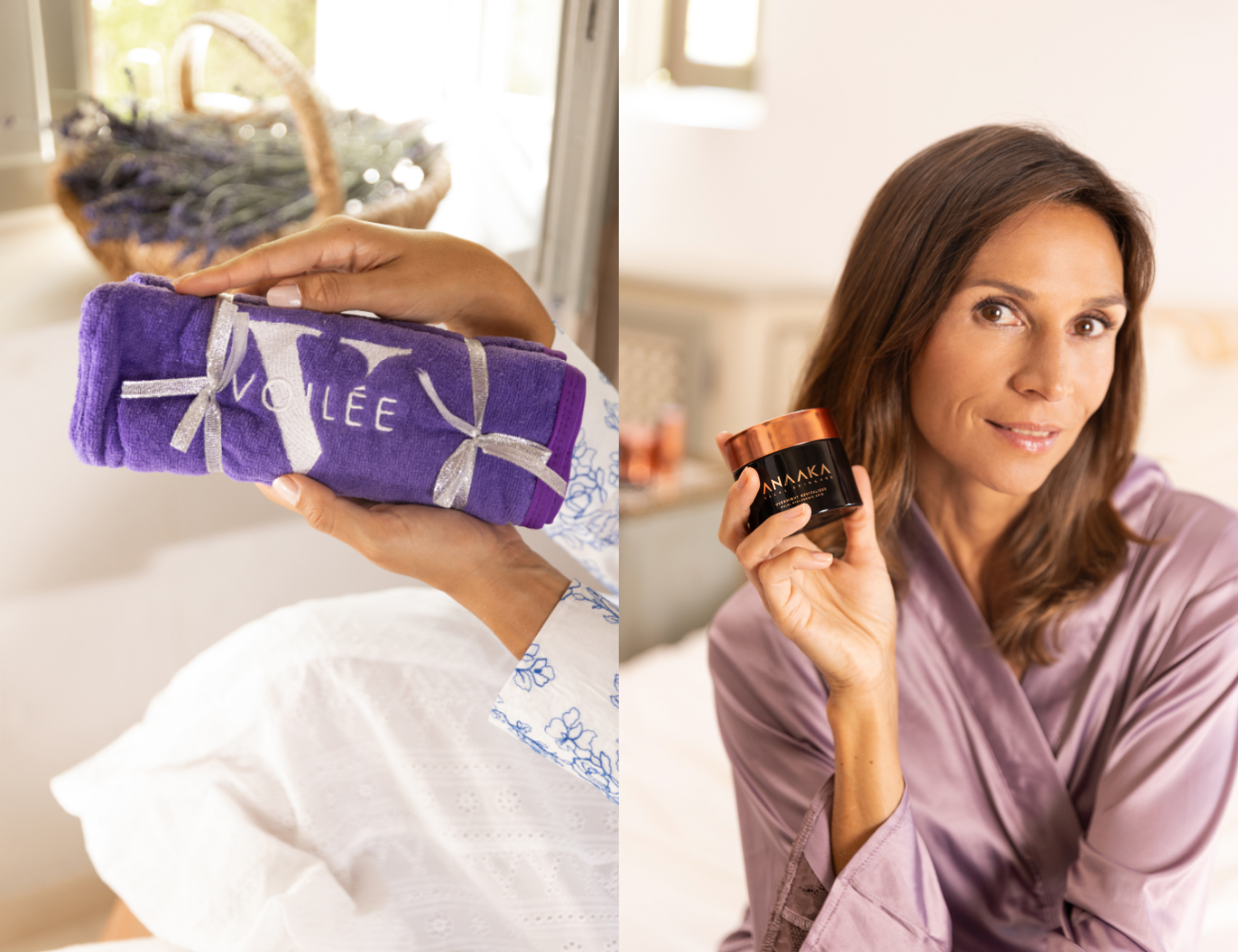The cold season poses particular challenges for our skin. Dry air, cold and heating deprive it of moisture. But with the right products and tips, your skin will stay healthy and radiant through the winter.
The biggest skin problems in winter – and their solutions
During the winter months, the heating is often on full blast and the cold winter air awaits outside. The result: dry skin that flakes and itches.But why is this the case?
What can you do about it?
Dry skin can often flake and itch, which makes it all the more important to take measures such as a solid skincare routine.
Avoid redness
The ingredients already mentioned are important to counteract redness and provide optimal support for the skin. Another aspect is, of course, cleansing your skin.
Anaaka’s foaming cleanser and make-up remover are free from chemicals and drying alcohols. They support your daily winter skin care routine and optimally remove make-up, dirt and other deposits from the skin.
The ingredients urea, allantoin and glycerin do not dry out the skin and are the perfect complement to rich creams.
Key ingredients for the cold season
Hyaluronic Acid
You should definitely include hyaluronic acid in your winter skincare routine! The power ingredient can do a lot when it comes to water retention!
Hyaluronic acid can bind 1,000 – 10,000 times of its own weight in water. It therefore plays a crucial role in moisturizing your skin.
It helps to keep the skin hydrated and ensures plump and elastic skin. Fine lines caused by dry skin are magicked away and wrinkles are reduced.
Peptides
Peptides are actually very powerful ingredients in skincare that can significantly improve your winter routine. They are made up of short chains of amino acids and work in different ways to regenerate, strengthen and protect the skin. Especially in the cold months, when the skin is often stressed by the dry, cold air and constant temperature changes, peptides such as those contained in Anaaka products can make a valuable contribution.
Peptides help to strengthen your skin barrier by stimulating skin cell regeneration and increasing skin density. They also promote the production of collagen, which ensures firm and elastic skin, thus reducing the appearance of wrinkles and fine lines, which can occur more frequently due to winter stress.
Peptides also have an anti-inflammatory and soothing effect, which makes them ideal for sensitive or irritated skin. They help to soothe redness and irritation that can be caused by cold weather, hot showers or dry air. Overall, peptides provide effective support in maintaining a healthy, well-nourished complexion that is protected from external winter conditions.
Lactic Acid
Lactic acid is an extremely versatile ingredient that plays a key role in skin care, especially during the winter months. It acts as a gentle exfoliant and removes dead skin cells without severely irritating the skin. This process promotes cell renewal, leaving the skin smooth and radiant. Lactic acid can make an important contribution, especially in winter, when the skin dries out easily due to cold air, heating and temperature changes. This is because dry skin often tends to flake and appear uneven – this is where the exfoliating effect of lactic acid comes into play, helping to reduce these irregularities and make the skin appear fresh and even again.
Lactic acid has another important function: it is an excellent natural humectant. This means that it is able to attract moisture from the air and bind it in the skin. This is particularly valuable in winter, when the humidity outside drops and the skin is additionally dried out by constant heating.
Practical winter tips
1. The right care
As you have already read in this blog post, the right winter skincare is the foundation for a well-groomed and radiant complexion.
2. Avoid hot water and long showers
Do you experience this too? After a cold winter’s day, a long and, above all, hot shower is a particularly good idea – but you should be careful here, because water that is too hot and a shower that lasts too long can strip your skin of its natural moisture and help it to dry out much faster than it needs to.
A duration of 10 to 15 minutes is recommended and should be used as a rough guideline. After the shower, you should also gently pat your skin dry and not rub it dry, as this can irritate the skin.
3. Apply cream immediately after showering/cleansing your face
The perfect time to apply cream to your face is after a shower or after cleansing your face – your skin is still damp and the creams ideally seal in the moisture that is still on your skin.
4. Don’t forget sun protection – even in winter
Many people think that sun protection is only important in summer. However, UV rays are not only limited to good weather, but can also damage your skin in the winter months. So in winter, use a day cream with a light sun protection factor to prepare your skin for the day.
5. Carry lip balm with you
It’s not just your skin that is quickly stressed by the cold winter days, but also your lips. They can quickly become dry, chapped and flaky and can even cause pain. To avoid this, you should always carry a rich lip balm with you, especially in winter. Look out for ingredients such as shea butter, beeswax or ceramides.



